Discover Native Lights: Where Indigenous Voices Shine
Native Lights: Where Indigenous Voices Shine

Native Lights: Where Indigenous Voices Shine
Author: Minnesota Native News
Subscribed: 114Played: 3,818Subscribe
Share
© 2021 Association of Minnesota Public Educational Radio Stations. All rights reserved.
Description
In Native Lights, people in Native communities around Mni Sota Mkoce - a.k.a. Minnesota - tell their stories about finding their gifts and sharing them with the community. These are stories of joy, strength, history, and change from Native people who are shaping the future and honoring those who came before them.
Native Lights is also a weekly, half-hour radio program hosted by Mille Lacs Band of Ojibwe members and siblings, Leah Lemm and Cole Premo. Native Lights is a space for people in Native communities.
Native Lights: Where Indigenous Voices Shine is produced by Minnesota Native News and Ampers, Diverse Radio for Minnesota’s Communities with support from the Minnesota Arts and Cultural Heritage fund. Online at https://minnesotanativenews.org/
Native Lights is also a weekly, half-hour radio program hosted by Mille Lacs Band of Ojibwe members and siblings, Leah Lemm and Cole Premo. Native Lights is a space for people in Native communities.
Native Lights: Where Indigenous Voices Shine is produced by Minnesota Native News and Ampers, Diverse Radio for Minnesota’s Communities with support from the Minnesota Arts and Cultural Heritage fund. Online at https://minnesotanativenews.org/
256 Episodes
Reverse
Today, we're excited to welcome Cole Redhorse Taylor to the Native Lights podcast. Cole is Mdewakanton Dakota and a member of the Prairie Island Indian Community. He's an artist, and has worked in many mediums: drawing, painting, beadwork, quill work, hockey helmets. He's created contemporary and traditional pieces heavily inspired by the artwork of his ancestors. And of course, if you're a sports fan, you may have seen his collaborations with the Minnesota Timberwolves and the Minnesota Wild. Cole never thought of himself as an artist when he was growing up. Didn't he have to be able to draw a realistic portrait to be considered an artist? He couldn't do that. It was only later he realized he'd been making art all along, creating traditional beadwork, but not realizing it for the art it was. He shares with us his evolving journey as an artist and how his art connects him to community. He also chats about books, travel, Disney World, the surprise controversy surrounding the hockey helmet designed for the Minnesota Wild goalie, and advice for up and coming artists.-----Hosts / Producers: Leah Lemm, Cole Premo Editor: Britt Aamodt Editorial support: Emily Krumberger Mixing & mastering: Chris Harwood-----For the latest episode drops and updates, follow us on social media. instagram.com/ampersradioinstagram.com/mnnativenewsfacebook.com/MNNativeNewsNever miss a beat. Sign up for our email list to receive news, updates and content releases from AMPERS. ampers.org/about-ampers/staytuned/ This show is made possible by community support. Due to cuts in federal funding, the community radio you love is at risk. Your support is needed now more than ever. Donate now to power the community programs you love: ampers.org/fund
Today, we welcome Carl Gawboy to the Native Lights podcast. Carl, born to a Finnish mother and an Ojibwe father, was raised in Ely and is a member of the Bois Forte Band of Ojibwe. Carl is an artist, whose primary medium is watercolors. But he turned to pen and ink for his recent graphic book Fur Trade Nation: An Ojibwe’s Graphic History. For a number of years, Carl taught in the Indian Studies departments at the College of St. Scholastica and the University of Minnesota – Duluth. He was given an opportunity to develop a course and that turned into a history of the fur trade. His research revealed that every Ojibwe person, in one fashion or another, worked in the fur trade industry—as trappers, guides, interpreters, cooks, canoe makers, etc. He talks about the book that inspired him to turn his research into a series of black and white drawings. Those evolved into the 2024 book Fur Trade Nation and, more recently, Giclee prints and a calendar. Carl and wife Cindy live in Two Harbors and enjoy spending time with their family and a special feline friend.-----Hosts / Producers: Leah Lemm, Cole Premo Editor: Britt Aamodt Editorial support: Emily Krumberger Mixing & mastering: Chris Harwood-----For the latest episode drops and updates, follow us on social media. instagram.com/ampersradioinstagram.com/mnnativenewsfacebook.com/MNNativeNewsNever miss a beat. Sign up for our email list to receive news, updates and content releases from AMPERS. ampers.org/about-ampers/staytuned/
Today, we are excited to welcome Janis A. Fairbanks to Native Lights. Janis is a member of the Fond du Lac Band of Lake Superior Chippewa. She recently released a book called Sugar Bush Babies: Stories of My Ojibwe Grandmother, a memoir in lessons learned from her grandmother during the era of Indian Relocation. Janis also has a doctorate in Ojibwe language, literature and history. She is currently the chair of the Language Advisory Board for the Fond du Lac Band. Janis talks about a lifetime devoted to writing, a talent that she uncovered as a second grader trying to fit in. She wrote stories that enchanted her classmates, who called her "Ye Olde Storyteller." That recognition encouraged her to keep writing. One of the most important and influential people in Janis's life was her grandmother. She always arrived with a bag, holding oranges and other goodies for the grandkids, and with stories. One was about her grandmother's birth at a sugarbush camp in a pit lined with cedar. Janis collected this and other stories in her memoir Sugar Bush Babies. In our conversation, she also shares what it's like to be the mom of a five-month-old puppy, why some memories stick and other fades and her advice for aspiring writers.-----Hosts / Producers: Leah Lemm, Cole Premo Editor: Britt Aamodt Editorial support: Emily Krumberger Mixing & mastering: Chris Harwood-----For the latest episode drops and updates, follow us on social media. instagram.com/ampersradioinstagram.com/mnnativenewsfacebook.com/MNNativeNewsNever miss a beat. Sign up for our email list to receive news, updates and content releases from AMPERS. ampers.org/about-ampers/staytuned/ This show is made possible by community support. Due to cuts in federal funding, the community radio you love is at risk. Your support is needed now more than ever. Donate now to power the community programs you love: ampers.org/fund
Today, we're thrilled to speak with Wookiye Win. Wookiye Win, Sisseton Wahpeton Oyate, is an artist and educator. She teaches the Dakota language for the Dakota Language Nest Preschool program at the Institute of Child Development on the University of Minnesota campus. She's also the illustrator of Dakota language children's books. Wookiye comes from an artistic family and has always been creating art. But she never thought of herself as an artist. But when the COVID pandemic hit, she started looking for something to do at home and turned to watercolors. Not only did she find a theme for her art in nature but also found the pigments for her watercolors. The idea of making her own paints started when she collected pipestone dust left from her father's pipestone making. Since then, she has expanded her homemade palette to include marigold, red ochre, yellow ochre, nettle, among others. It's her passion to revitalize the Dakota language. She makes an effort to speak it at home and work and to always learn more. Together with her husband, also a language revitalizer, Wookiye Win shares five kids and a home in St. Paul.-----Hosts / Producers: Leah Lemm, Cole Premo Editor: Britt Aamodt Editorial support: Emily Krumberger Mixing & mastering: Chris HarwoodFor the latest episode drops and updates, follow us on social media. instagram.com/ampersradio/instagram.com/mnnativenews/ Never miss a beat. Sign up for our email list to receive news, updates and content releases from AMPERS. ampers.org/about-ampers/staytuned/ This show is made possible by community support. Due to cuts in federal funding, the community radio you love is at risk. Your support is needed now more than ever. Donate now to power the community programs you love: ampers.org/fund
Today, we're excited to talk to Penny Kagigebi. Penny is a direct descendant of the White Earth Nation. She is a 2-Spirit queer community collaborator, artist, curator and teacher. She focuses on birch bark basketry and quill boxes and recently curated Queering Indigeneity for the Minnesota Museum of American Art, on exhibit from September 18, 2025 to August 16, 2026. Penny turned to art after the death of her son in 2008. She spent a year making gifts to put in the bundle she was sending to him. This work opened her to the healing power of art and to the idea that she is an artist. In her art, she intertwines traditional craft with her identity as 2-Spirit/Native queer, whether it's rainbow colors or a fresh take on design. She also works to help other 2-Spirt/Native queer artists find their gifts and their medicines and share them with the community. That vision informs the Minnesota Museum of American Art exhibit Queering Indigeneity. As a first-time curator, Penny had the opportunity to reach out to 2-Spirit/Native queer artists from across the Upper Midwest and ask, “What's your wildest idea? What do you have in your back pocket that you haven't been able to put forward yet?” Penny lives in Detroit Lakes with her husband Rick, who is also an artist.-----Hosts / Producers: Leah Lemm, Cole Premo Editor: Britt Aamodt Editorial support: Emily Krumberger Mixing & mastering: Chris Harwood For the latest episode drops and updates, follow us on social media. instagram.com/ampersradio/instagram.com/mnnativenews/ Never miss a beat. Sign up for our email list to receive news, updates and content releases from AMPERS. ampers.org/about-ampers/staytuned/ This show is made possible by community support. Due to cuts in federal funding, the community radio you love is at risk. Your support is needed now more than ever. Donate now to power the community programs you love.ampers.org/fund
Today, we’re excited to chat with Heid E. Erdrich. Heid is an author, researcher, educator, curator and member of the Turtle Mountain Band of Chippewa. In 2024, she was the inaugural Minneapolis Poet Laureate and, in 2025, she served as the James and Lois Welch Distinguished Native American Visiting Writer at the University of Montana – Missoula. Her recent books are Boundless: Abundance in Native American Art and Literature, which she co-edited, and Verb Animate: Poems, Prose and Prompts from Collaborative Acts. In our discussion, she examines her fascination with researching family history and with tracing the ancestral migrations that brought her to where she is now. A frequent collaborator, she talks about the power of working alongside literary and visual artists and how one of those partnerships inspired a unique synchronicity involving pink dolphins. Heid also shares her “best bad habit” and her take on the greatest gift anyone can give a creative artist.-----Hosts / Producers: Leah Lemm, Cole Premo Editor: Britt Aamodt Editorial support: Emily Krumberger Mixing & mastering: Chris HarwoodFor the latest episode drops and updates, follow us on social media. instagram.com/ampersradio/instagram.com/mnnativenews/ Never miss a beat. Sign up for our email list to receive news, updates and content releases from AMPERS. ampers.org/about-ampers/staytuned/ This show is made possible by community support. Due to cuts in federal funding, the community radio you love is at risk. Your support is needed now more than ever. Donate now to power the community programs you love.ampers.org/fund
Today, we’re excited to speak with Alexandra Buffalohead. Alex is from the Sisseton Wahpeton Oyate and is the Director of Communications and Partnerships at the Native American Community Development Institute (NACDI). She’s also an artist, curator and musician. Alex talks about what drives her work in the nonprofit world at NACDI and how she strives to find a good work/life balance to leave time for her many outside pursuits. At 15, she was a disinterested piano student when her parents gave her the opportunity to join their blues-rock band Blue Dog. That’s when she caught the music bug and has been playing keys, performing and recording with them ever since. As a visual artist, Alex has created works on canvas, paper and in sculpture. She is a curator and has put together shows for Twin Cities galleries that celebrate the voices of today’s young and established Native artists. She also talks to us about how important it is to have venues that consistently make space for Native artists to share and develop work.-----Hosts / Producers: Leah Lemm, Cole PremoEditor: Britt Aamodt Editorial support: Emily Krumberger Mixing & mastering: Chris Harwood
Today, we are excited to welcome Sharon Day to the Native Lights Podcast. Sharon is enrolled with the Bois Forte Band of Ojibwe, and she serves as the executive director of the Indigenous Peoples Task Force. She's also a grandmother, an artist, a musician and writer, and she leads Water Walks, or Nibi Walks. A deep reverence for all living things underpins the decades she has devoted to Nibi Walks. She and fellow walkers gather water at the source and carry it the length or perimeter of the body of water. This can last weeks. They undertake these journeys to show respect for the water and to support its health. And because humans are mostly made of water, she is reminded that its health is our health too. Sharon makes her home on a farm, which is also a home and sanctuary for many kinds of wildlife. Spending so much time outdoors, she is attuned to the seasons and the impacts of climate change. Every morning, she wakes with gratitude for the land and a hope that she can be a little more kinder that day.-----Hosts: Leah Lemm, Cole Premo Editor: Britt Aamodt Editorial support: Emily Krumberger Mixing & mastering: Chris HarwoodFor the latest episode drops and updates, follow us on social media. instagram.com/ampersradio/instagram.com/mnnativenews/ Never miss a beat. Sign up for our email list to receive news, updates and content releases from AMPERS. ampers.org/about-ampers/staytuned/ This show is made possible by community support. Due to cuts in federal funding, the community radio you love is at risk. Your support is needed now more than ever. Donate now to power the community programs you love.ampers.org/fund
Today, we're excited to speak with Teresa Peterson. Teresa is Sisseton Wahpeton Dakota and a member of the Upper Sioux Community. She is a passionate gardener, gatherer, lover of the land and author of several books, most recently the award-winning Perennial Ceremony. Teresa talks to us about her love of growing things. That includes tending a large garden, where she forages for tossed salads and asparagus on the grill, and taking care of her land. She chips her own mulch. She plants perennials to sequester carbon and prevent erosion. And she's working on getting a couple goats to eradicate invasive plants. One of her mottos is: When you know who you are, no matter where you go, you belong. Writing has been part of that journey of self-knowledge. Her latest book, Perennial Ceremony: Lessons and Gifts from a Dakota Garden (2024), is an invitation to readers to join her on a seasonal journey of stories, poetry and recipes. The mother of three, Teresa lives with her husband Jay on just over seven acres overlooking the Mni Sota River Valley. -----Hosts: Leah Lemm, Cole Premo Editor: Britt Aamodt Editorial support: Emily Krumberger Mixing & mastering: Chris Harwood
On this week's show, we revisit our conversation from June 2022 with Great-Grandmother Mary Lyons (Leech Lake Band of Ojibwe), a spiritual advisor, storyteller, activist, wisdom keeper, and revered elder. Mary Lyons is the founder of the Minnesota Coalition on Fetal Alcohol Syndrome and serves as a counselor for the women's sobriety group, which she also co-founded, called Women of Wellbriety International. Mary's inspiring book, Wisdom Lessons: Spirited Guidance from an Ojibwe Great-Grandmother, was published in 2018, and delivers love and advice through stories and perspectives grounded in traditional Indigenous values. Find Mary Lyons' book here: https://birchbarkbooks.com/products/wisdom-lessons Chi Miigwech to Mary Lyons for generously sharing traditional teachings, your wise approach to healing, and life-changing spiritual guidance. Native Lights: Where Indigenous Voices Shine is a weekly, half-hour radio program hosted by Mille Lacs Band of Ojibwe members and siblings, Leah Lemm and Cole Premo. Native Lights is a space for people in Native communities around Mni Sota Mkoce -- a.k.a. Minnesota -- to tell their stories about finding their gifts and sharing them with the community. Native Lights: Where Indigenous Voices Shine is produced by Minnesota Native News and Ampers, Diverse Radio for Minnesota's Communities with support from the Minnesota Arts and Cultural Heritage Fund.
Today, we’re excited to speak with Rick Haaland, an animal rescuer and advocate who is the Pets for Life community outreach manager for the Leech Lake Tribal Police. Rick shares the story of the most memorable dog of his childhood, a stray that showed up one day and never left. Even when Rick spent the summer with his grandparents, Drifter, unwilling to be left behind, walked two days to reunite with him. A lifelong animal lover, Rick only came to animal rescue after 40 years in various jobs and as a small business owner. Through Pets for Life, he helps Leech Lake pet owners to keep their animals healthy with access to affordable vet care. This also includes the future building of a Leech Lake Animal Wellness Center to address the lack of nearby veterinarian services. Rick is currently 5th district commissioner and Board Chair for Cass County. He and his family share their home with three dogs and one cat.
Today, we're very excited to speak with David Wise, descendant of the Fond du Lac Band of Lake Superior Chippewa and founder of Native Wise, a farm which is focused on soil health, restorative farming and Indigenous agricultural practices. David started his bison herd after a dream with Chief Buffalo, who told him to bring back his namesake. Starting with twelve, he now has a herd that numbers close to sixty, including Renegade and Brutus, two bulls that have become best buddies. The ranch is also home to three Ojibwe Spirit Horses. David and wife Patra teach their kids that good food is good medicine. They share that good medicine with the community through Native Wise's seasonal CSAs and online store.
Today, we are excited to speak with Wendy Roy, a beader and entrepreneur from the White Earth Nation. She mentors other artists and also teaches at White Earth Tribal and Community College. Wendy learned beading from her grandmother, who shared the trick to knowing which bead colors go together. Her grandma would pour beads on a tray to see which beads grouped together and wanted to be friends with each other. She also taught her granddaughter that every bead you sew is a prayer for the person who will wear the object. For Wendy, beading is not just a way to share her culture and make a living but also a form of healing. She talks about dealing with depression and coming back from a recent wrist injury that kept her from her beadwork. In her free time, Wendy likes to read books, spend time with family and ride Harley Davidsons.
Today we are speaking with Giizh Sarah Agaton Howes. Howes is an award-winning Anishinaabe creator, artist and organizer from Fond Du Lac reservation and Muscogree Creek. She’s the CEO of Heart Berry, a contemporary Ojibwe Design brand that offers wool blankets, apparel, gifts and accessories rooted in Howes’s beadwork and Ojibwe floral designs. Giizh was raised by an artist mother but never thought about herself as one until she realized art wasn’t just paintings in a museum but the cultural traditions from her Ojibwe community. She started with beading and moccasin making. That led to her teaching workshops so others could become cultural makers too. She shares the origin story of Heart Berry, which grew out of a desire to see Ojibwe designs translated into contemporary apparel and to take back the wool blanket as a Native craft. She also talks about a recent mural project on the Cloquet bandshell, finding art that we love and that loves us back, and course correcting after a wrong turn. Giizh lives in Sawyer with her family. These days, she’s experiencing the bittersweet emotions of a parent who has recently seen her first child graduate from high school.
In today’s episode, we welcome back Jonathan Thunder, who last appeared on Native Lights in 2021. Since then, the Red Lake Nation citizen and multidisciplinary artist has become a father and opened an art gallery. He talks about how fatherhood has changed his approach to art and why lately he’s shifted his creative focus from sociopolitical ideas to joy. Thunder also shares the experience of creating a special work of art with his son. The artist’s dreamy images have found their way onto canvases and murals and into animated films. Now you can also find them at Mishi Bizhaw Art Gallery. Thunder opened the gallery spring 2025 in Duluth, where he lives with his wife, author Tashia Hart, and their three-year-old, Minnow.
In this episode, we speak with Dan Ninham, PhD, a retired physical education teacher and coach, co-founder of the North American Indigenous Athletics Hall of Fame and prolific freelance writer. Dan, Wolf Clan from the Oneida Nation in Wisconsin, has had a lifelong interest in sports. This 6'10" college basketball player devoted his working life to coaching and teaching sports. Even though he's retired, he stays on the road much of the year, giving presentations at schools on Indigenous sports and foods and filing freelance stories for multiple outlets. With wife Susan, he co-founded the North American Indigenous Athletics Hall of Fame in 2022. The couple live in Red Lake and have recently celebrated the birth of a sixth granddaughter.
In this episode, we speak with BearPaw Shields from the Fort Peck Assiniboine and Sioux Tribes. She is a Saint Cloud State University alumna and is currently the Indigenous Learning Community Program Coordinator at the University’s American Indian Center.In her forties, she decided to go to college and get a degree so that she could make the change she wanted to see in the world. She does that now through her work at St. Cloud State’s American Indian Center, helping Native students to succeed in school and connect with their culture through language, field trips and other experiences. As a board member with the Friends of the Sherburne National Wildlife Refuge, she had been instrumental in teaching park staff and visitors about the land’s Native history. Last year, that included the opening of an amphitheater with art provided by Indigenous artists and the names of park animals provided in Dakota and Ojibwemowin.BearPaw Shields lives in Zimmerman where she likes to go on hikes and find her serenity at the nearby Refuge
In this episode, we speak with Allison Waukau (Menominee/Navajo), who serves as the Tribal Liaison and Native Relations Coordinator at the Metropolitan Council. She previously worked at the Hennepin County Library and the Roseville School District as American Indian Community Liaison. Last year, she started a new podcast with Odia Wood-Krueger. Through “Books Are Good Medicine,” the co-hosts explore Native literature with the aim of increasing the knowledge of educators and libraries about Native American books and materials.Allison Waukau lives in Minneapolis with her family, including a young son, and had a dream come true recently when she was selected to participate in Cohort 14 of the Native Governance Center’s Rebuilder Program. Allison’s podcast with Odia Wood-Krueger can be found at Books Are Good Medicine.
In this episode, we hear from Dr. Amber Annis about the joys and challenges of rebuilding community and finding your voice as a leader. Dr. Amber Annis is a citizen of the Cheyenne River Sioux Tribe and the Executive Director of Native Governance Center. Prior to taking on her role at NGC in December 2024, she worked at the Minnesota Historical Society as Associate Vice President of Tribal Nation Relations and Native American Initiatives. She was also a member of NGC's Native Nations Rebuilder Program for Cohort 11. In her position at NGC, she supports efforts to rebuild Indigenous communities and empower leaders to find their strengths and their unique voices. A mother of two, she lives in St. Paul with her husband, a citizen of Turtle Mountain, and their dogs.
In this episode, we hear from Deven Current about tattooing, sports and the importance of sobriety, family and faith. Deven is an Ojibwe tattoo artist, who connected with his culture later in life. Deven grew up in the Twin Cities and, at a young age, fell into drug addiction. He ended up incarcerated, but his time in prison introduced him to an unrealized talent - tattoo art. He turned that talent into a career and recently into his business, LuckyDuck Ink and Art in Atwater. Through his business and tattoo career, Deven honors a friend who passed away. Deven also spent time as a competitive mixed martial artist. In 2025, Deven and his wife Sabrina are celebrating six years of sobriety and enjoying family time with their 11 children.Producers/Hosts: Leah Lemm & Cole PremoEditors: Britt Aamodt and Chris Harwood


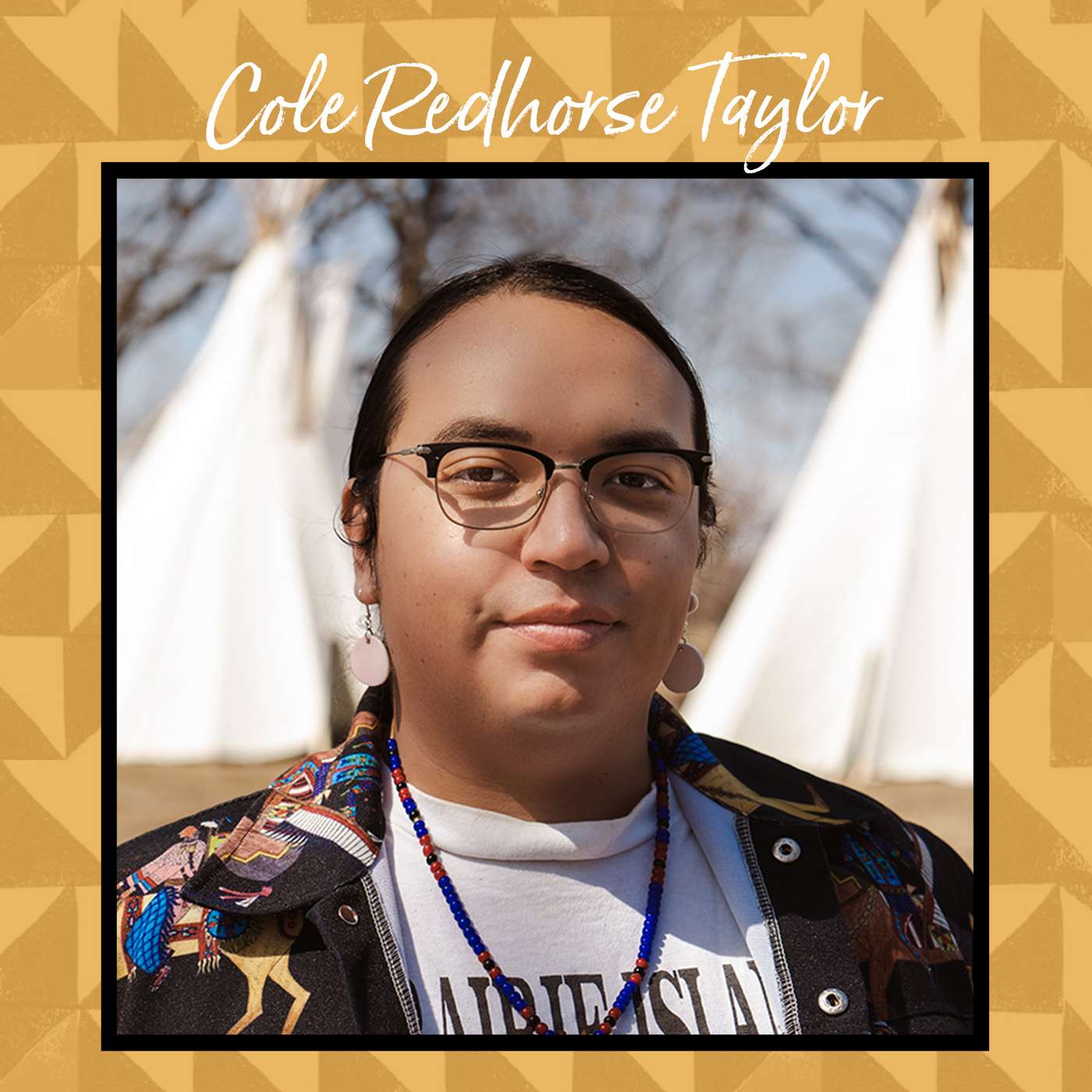
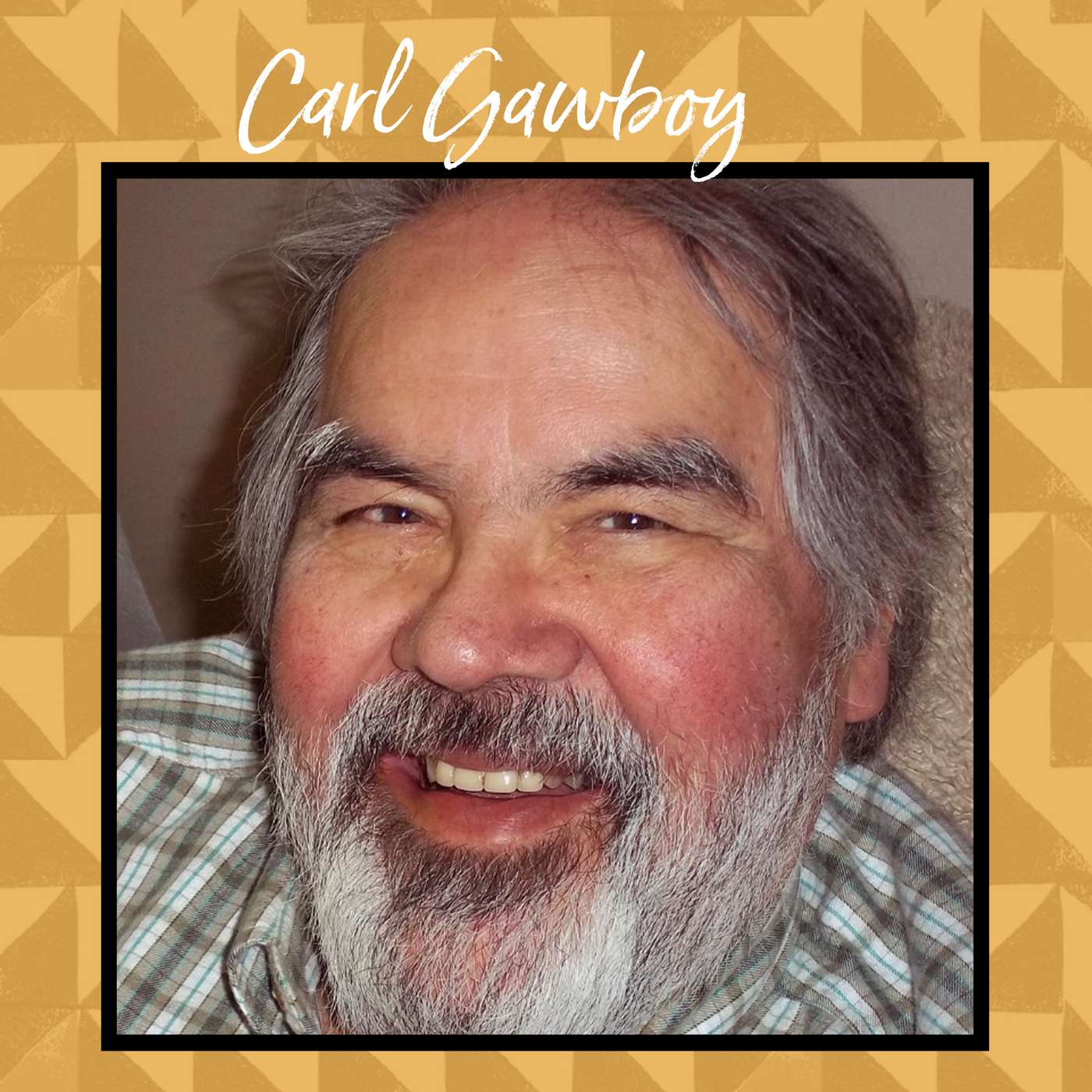
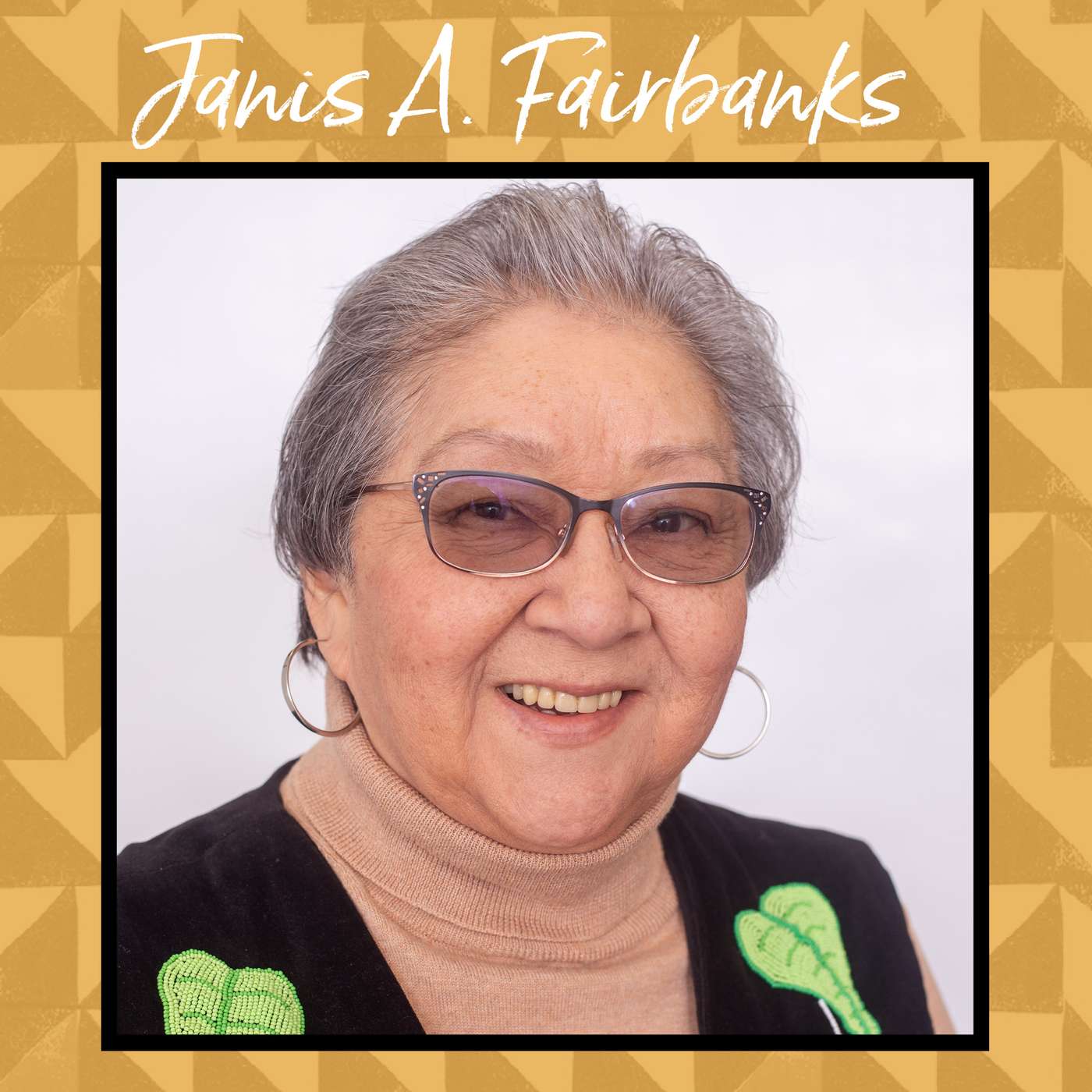
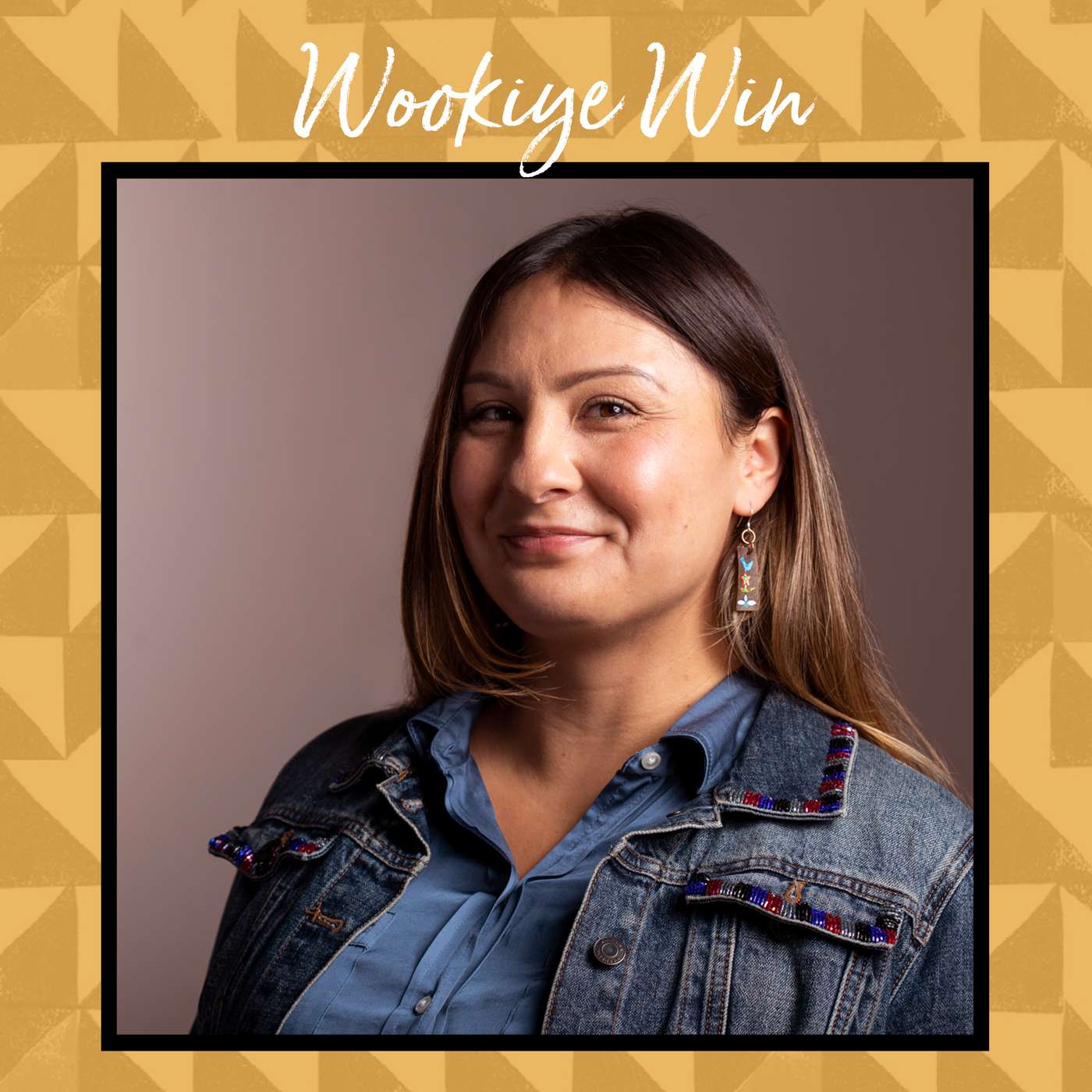
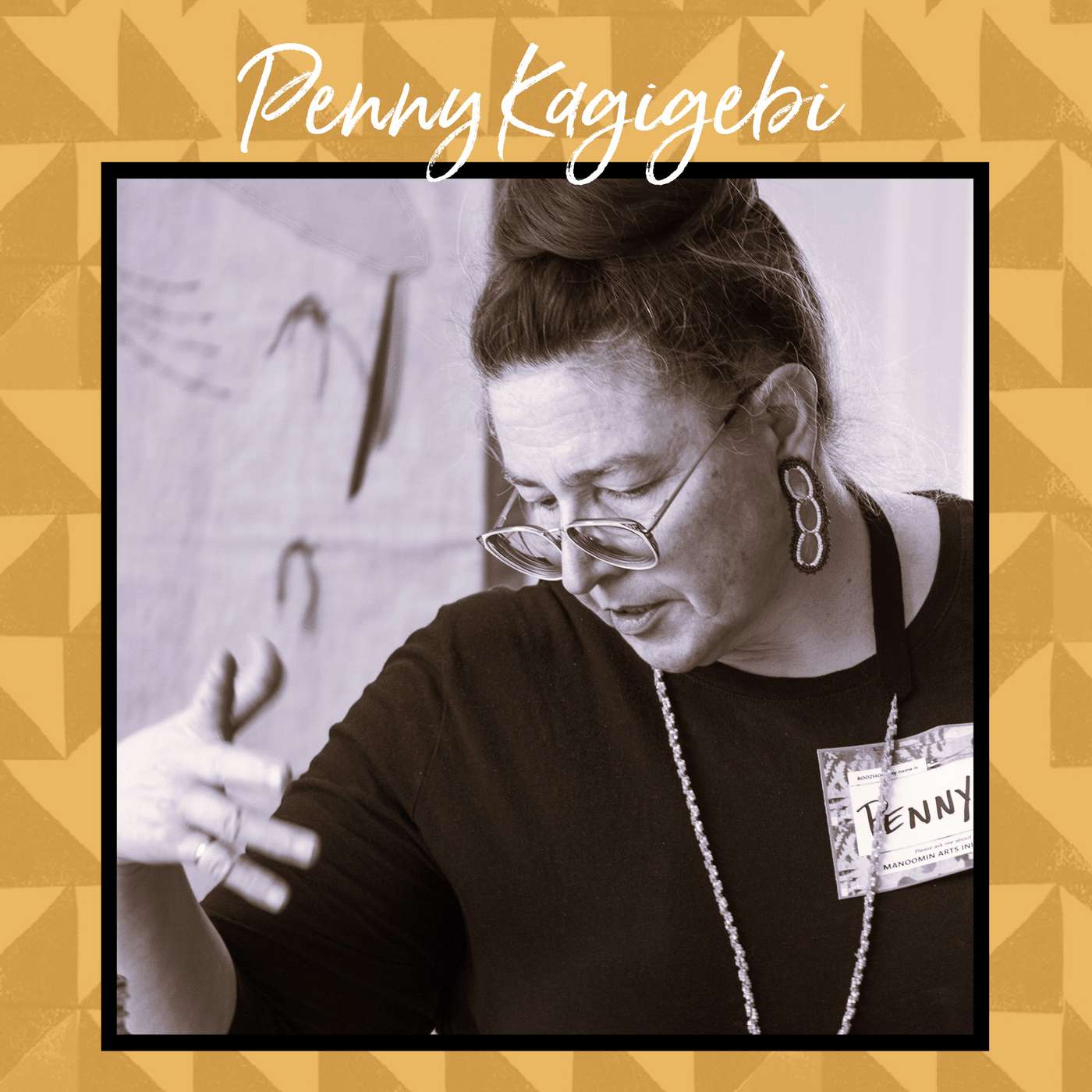
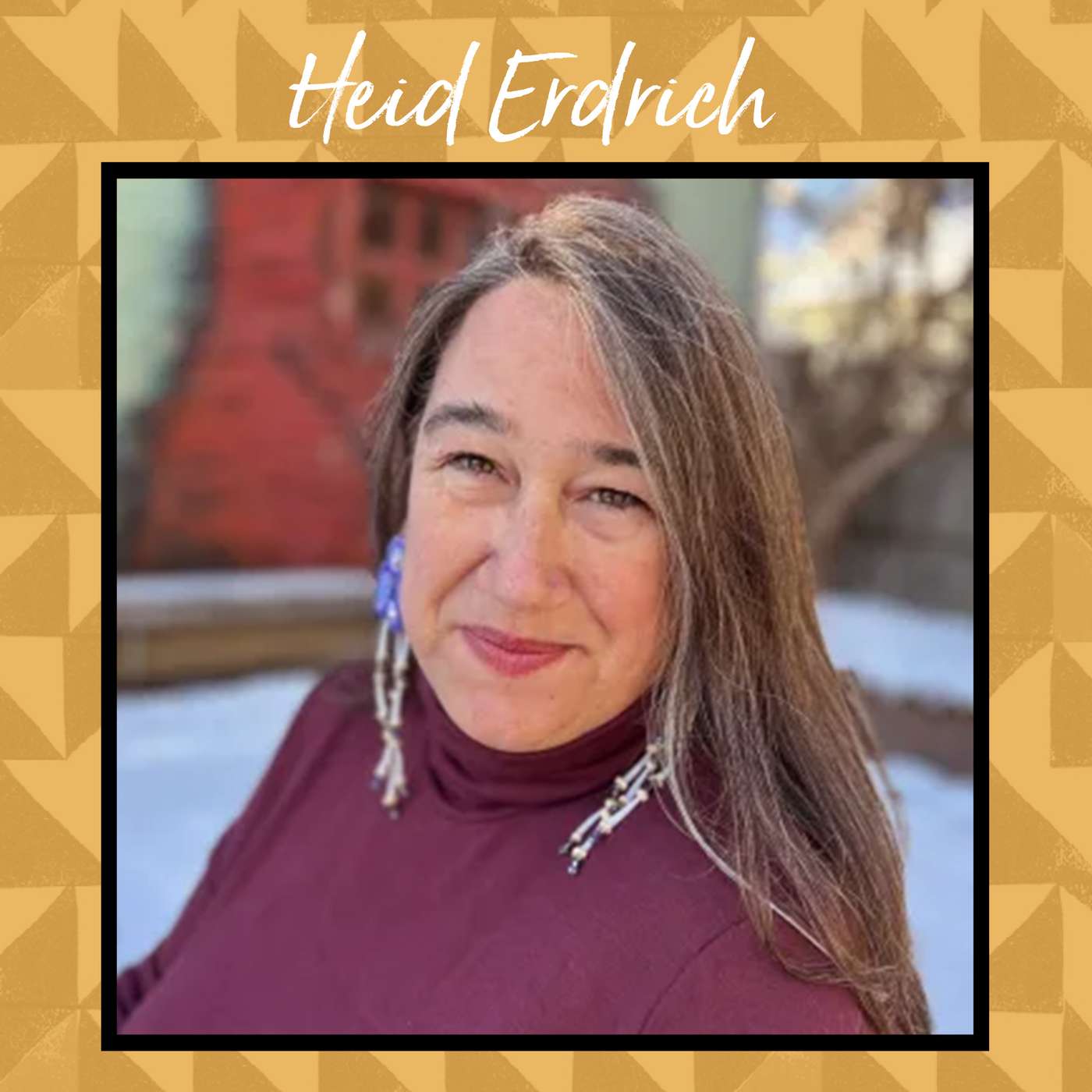
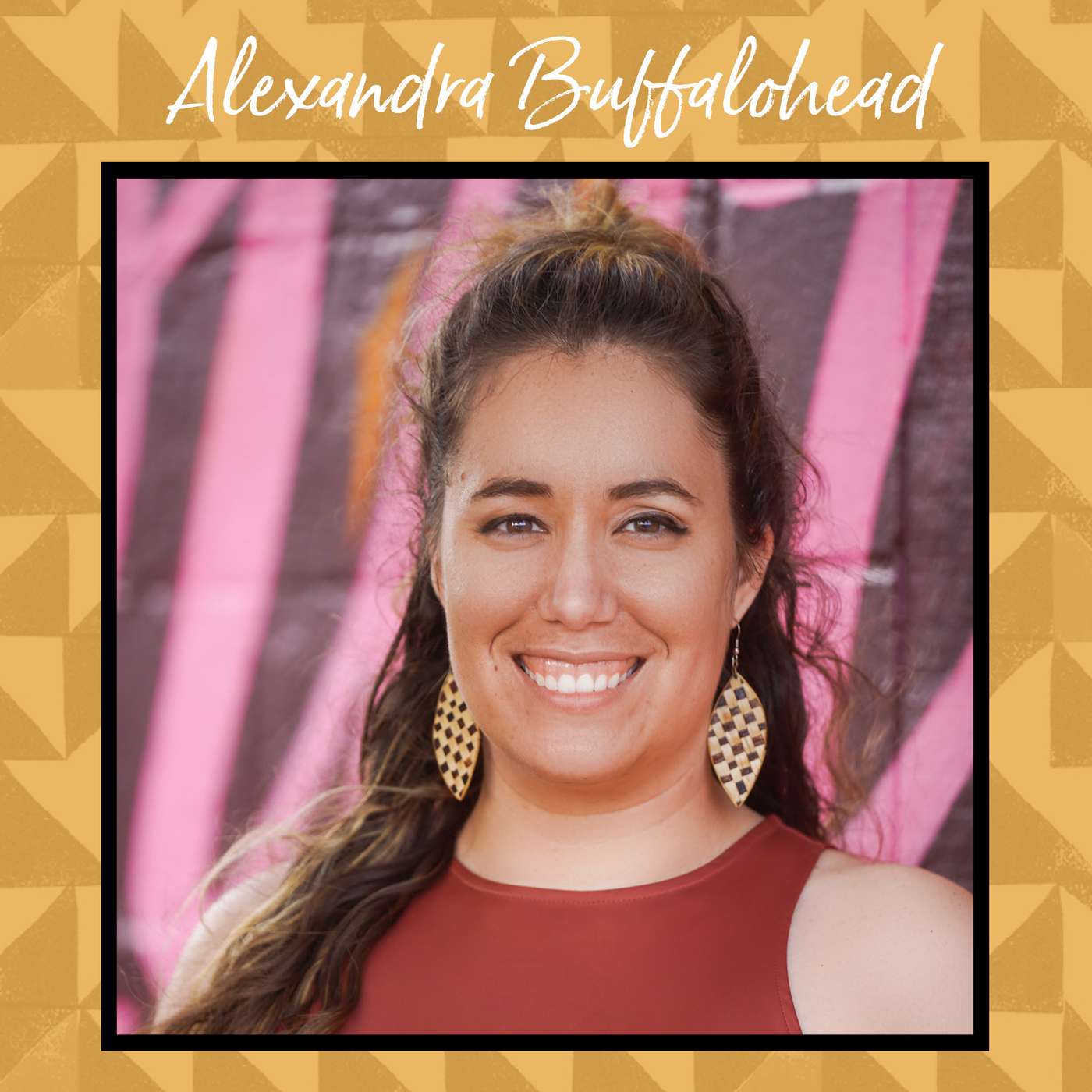
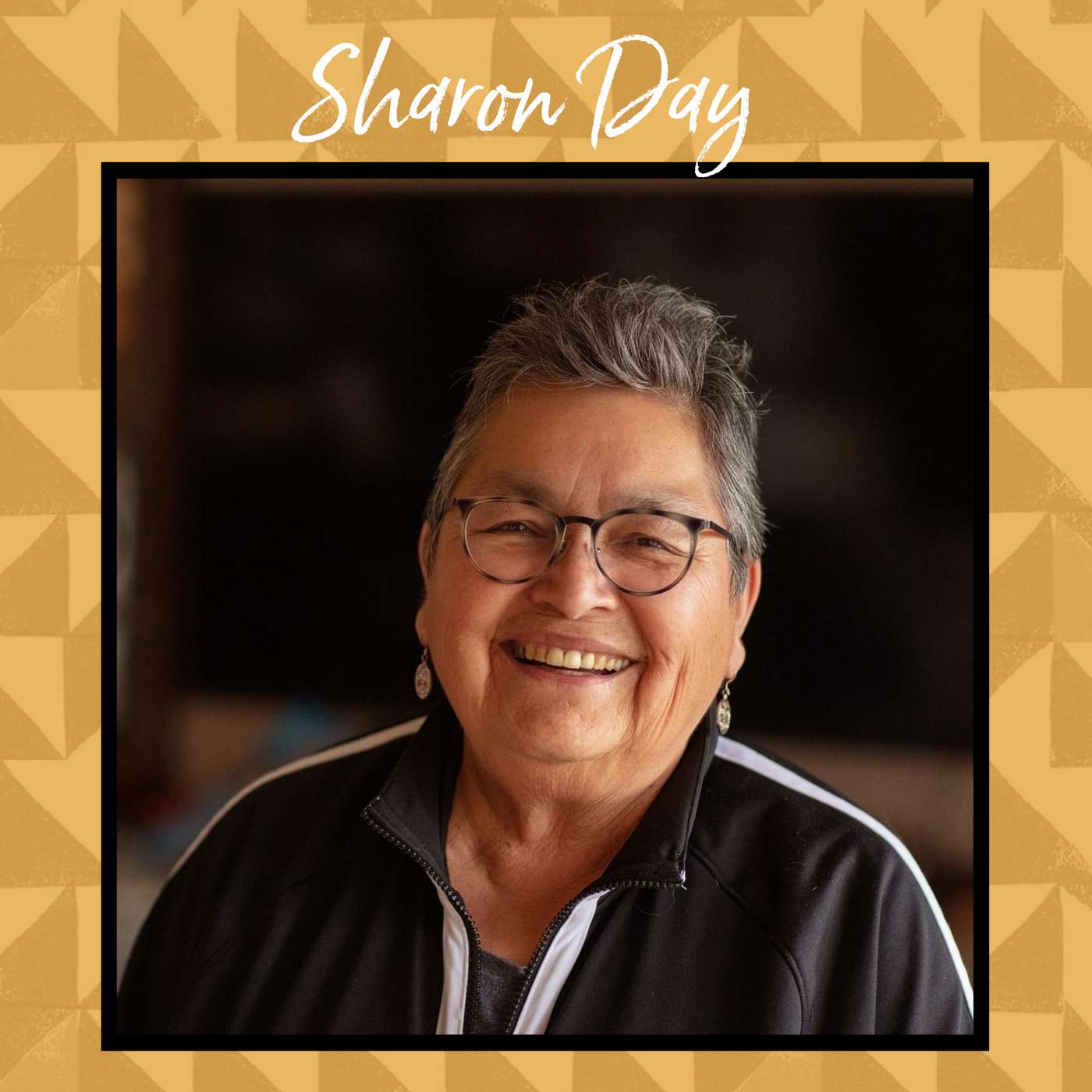
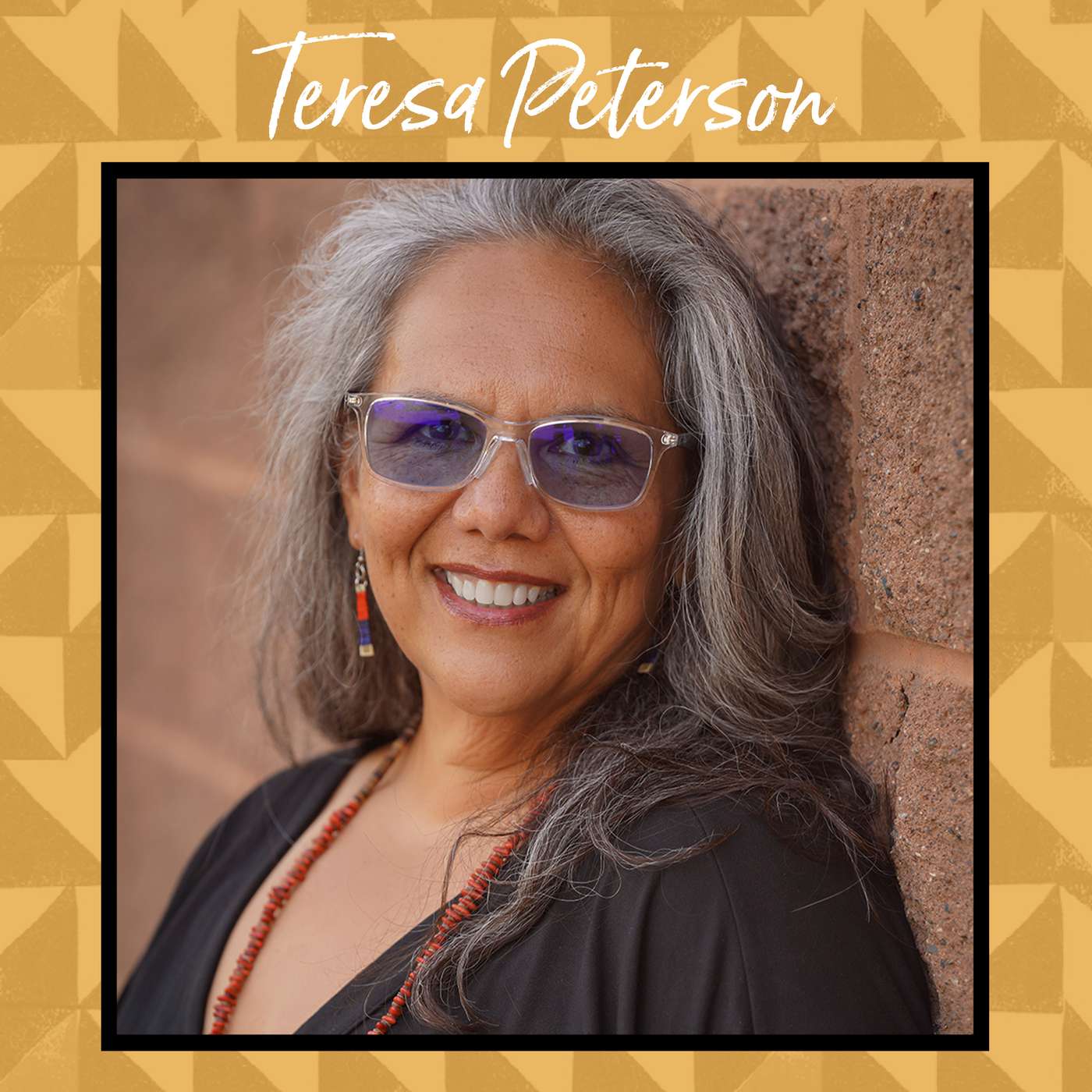
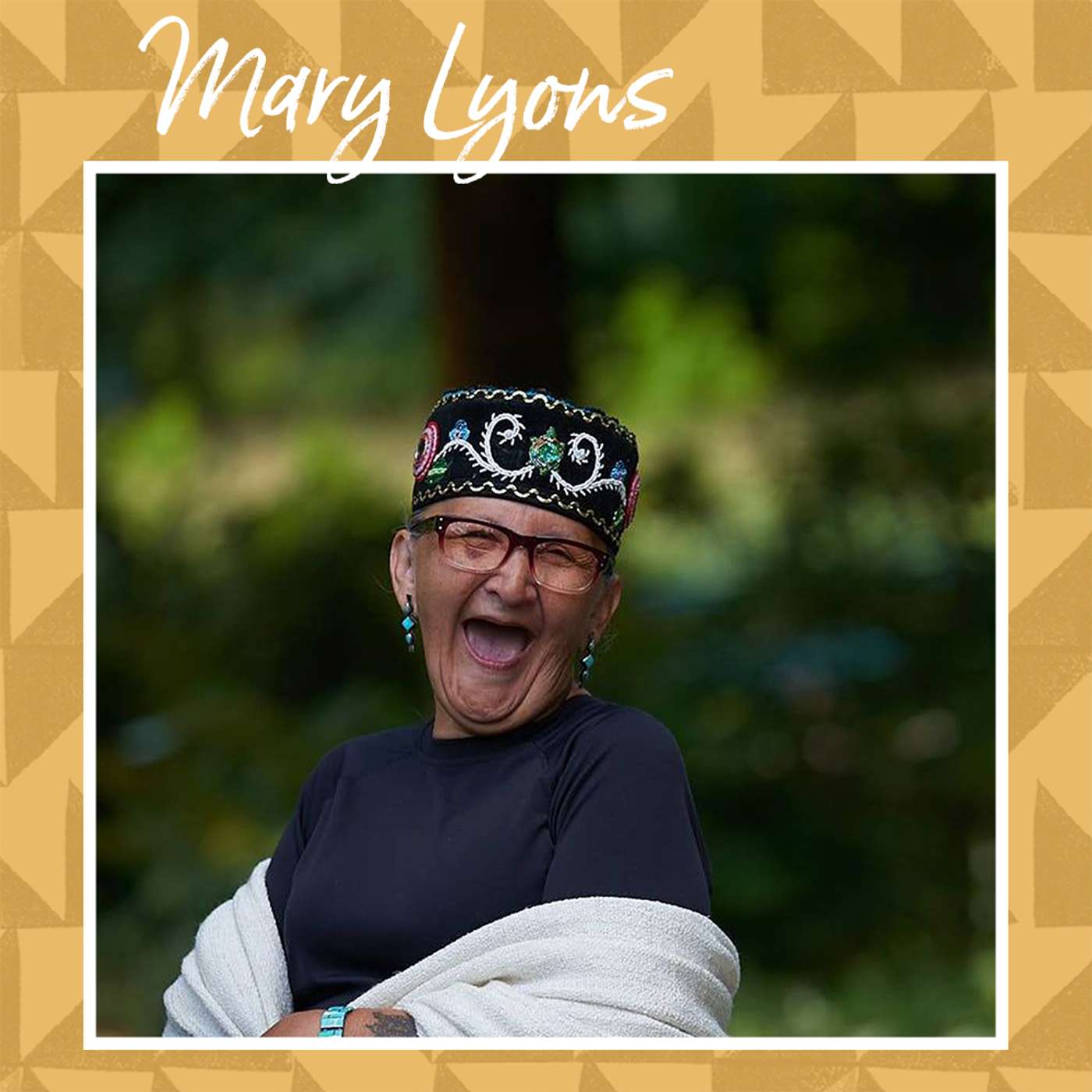
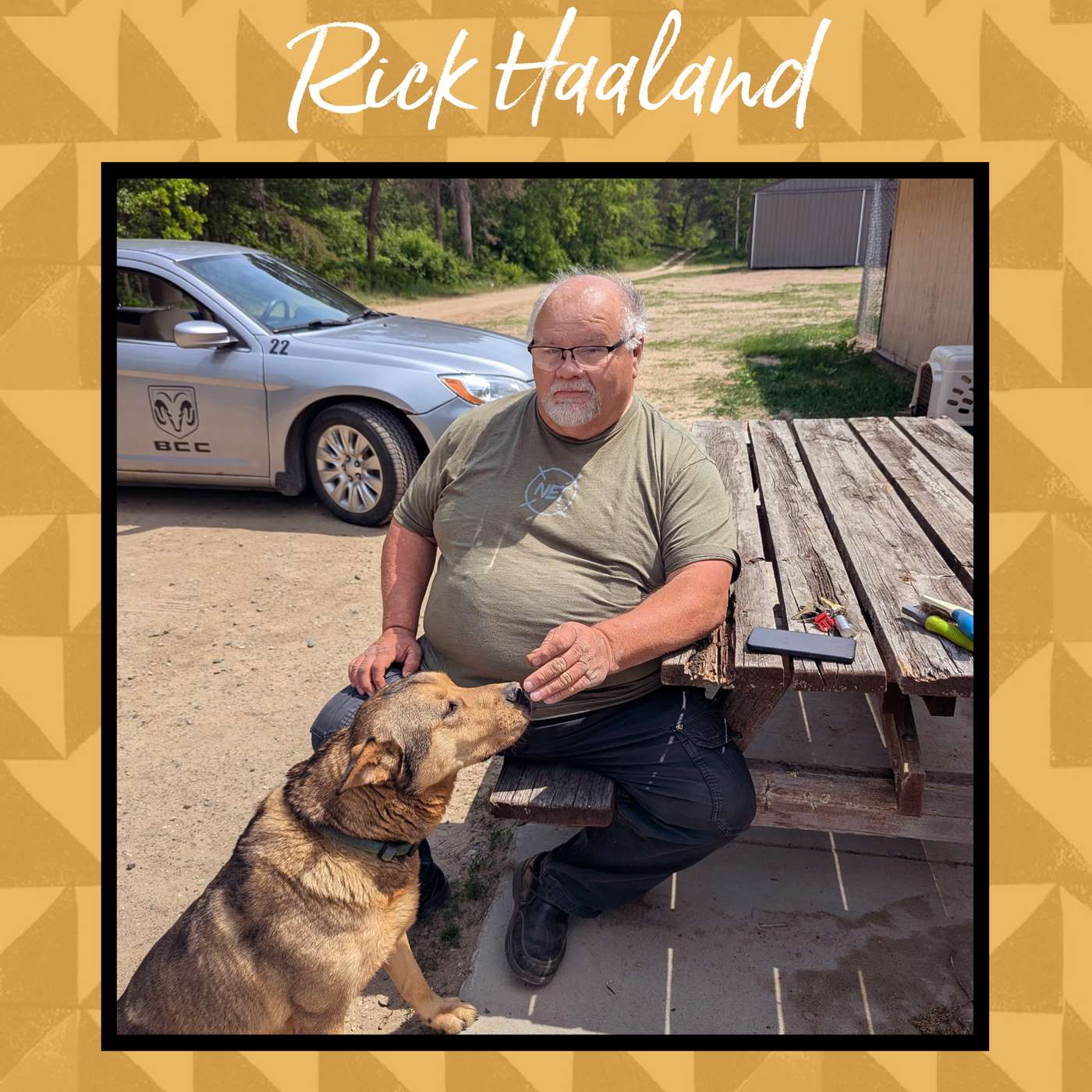
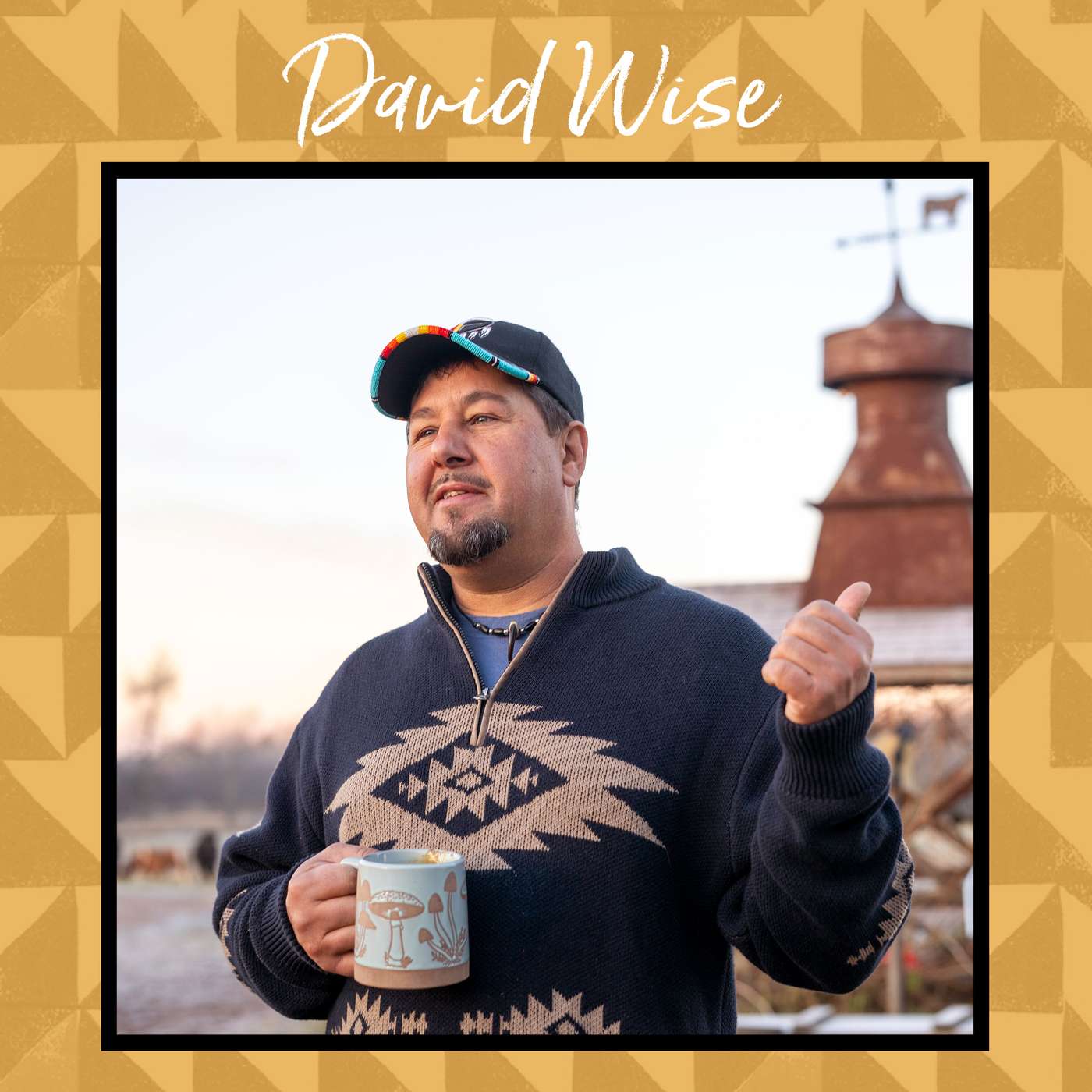
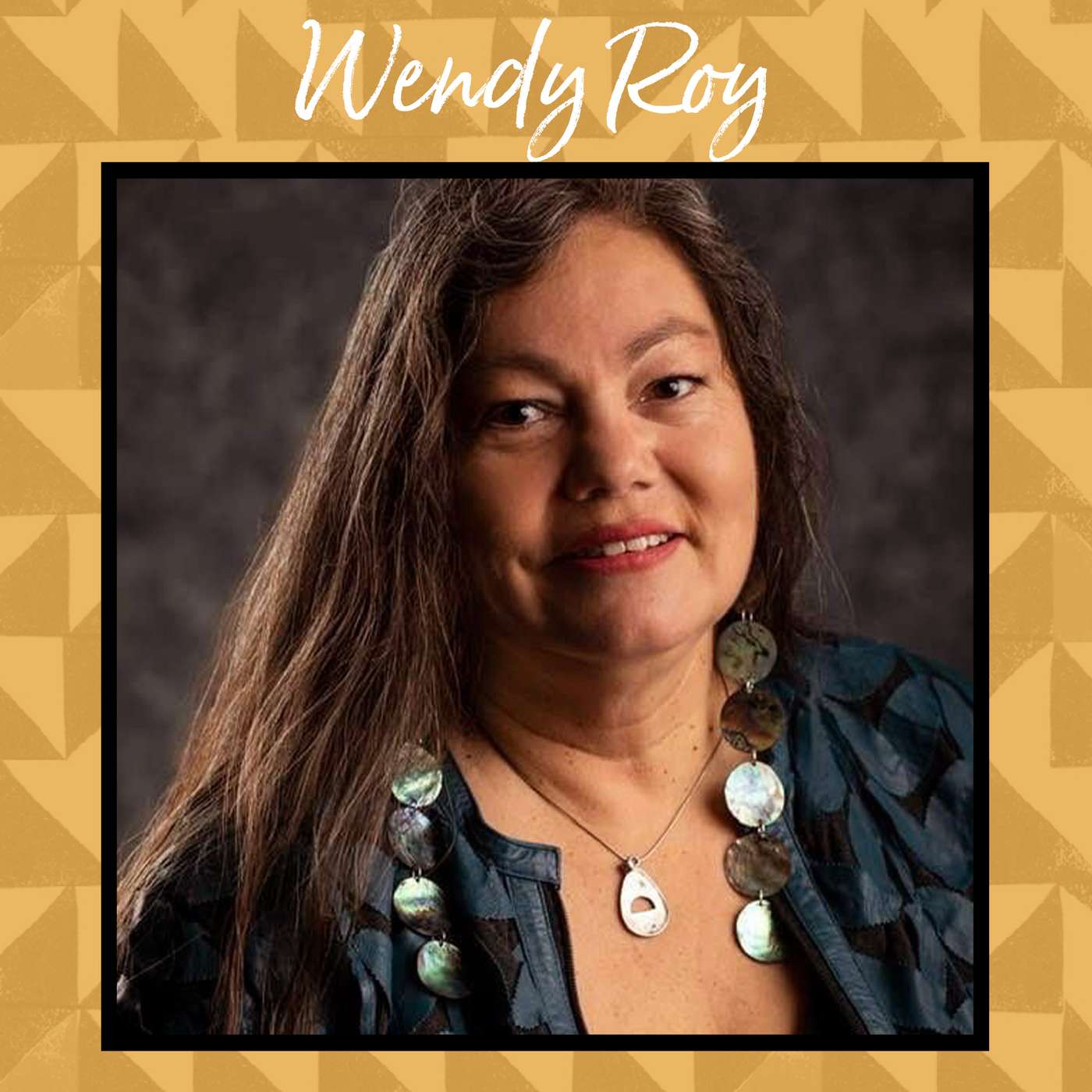
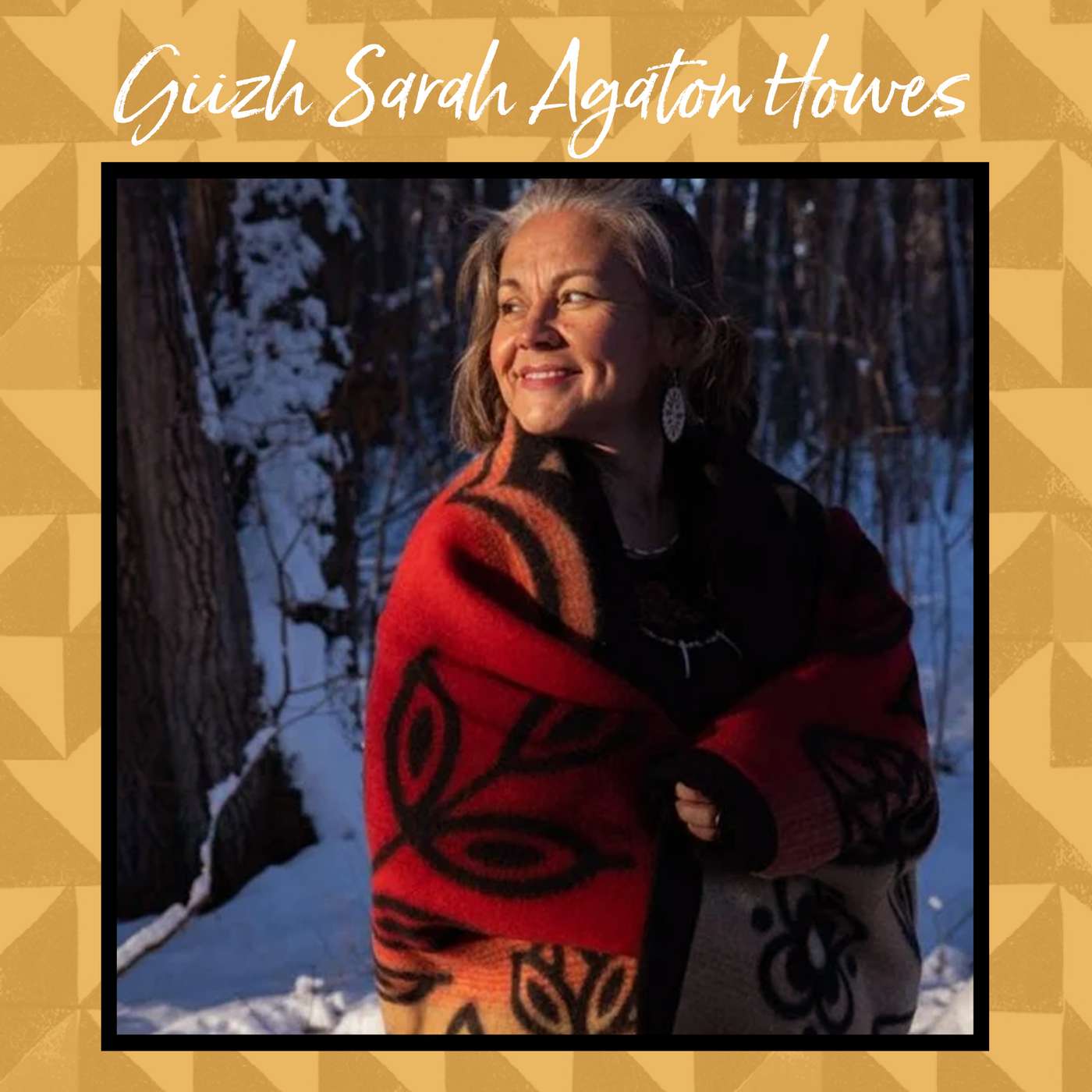
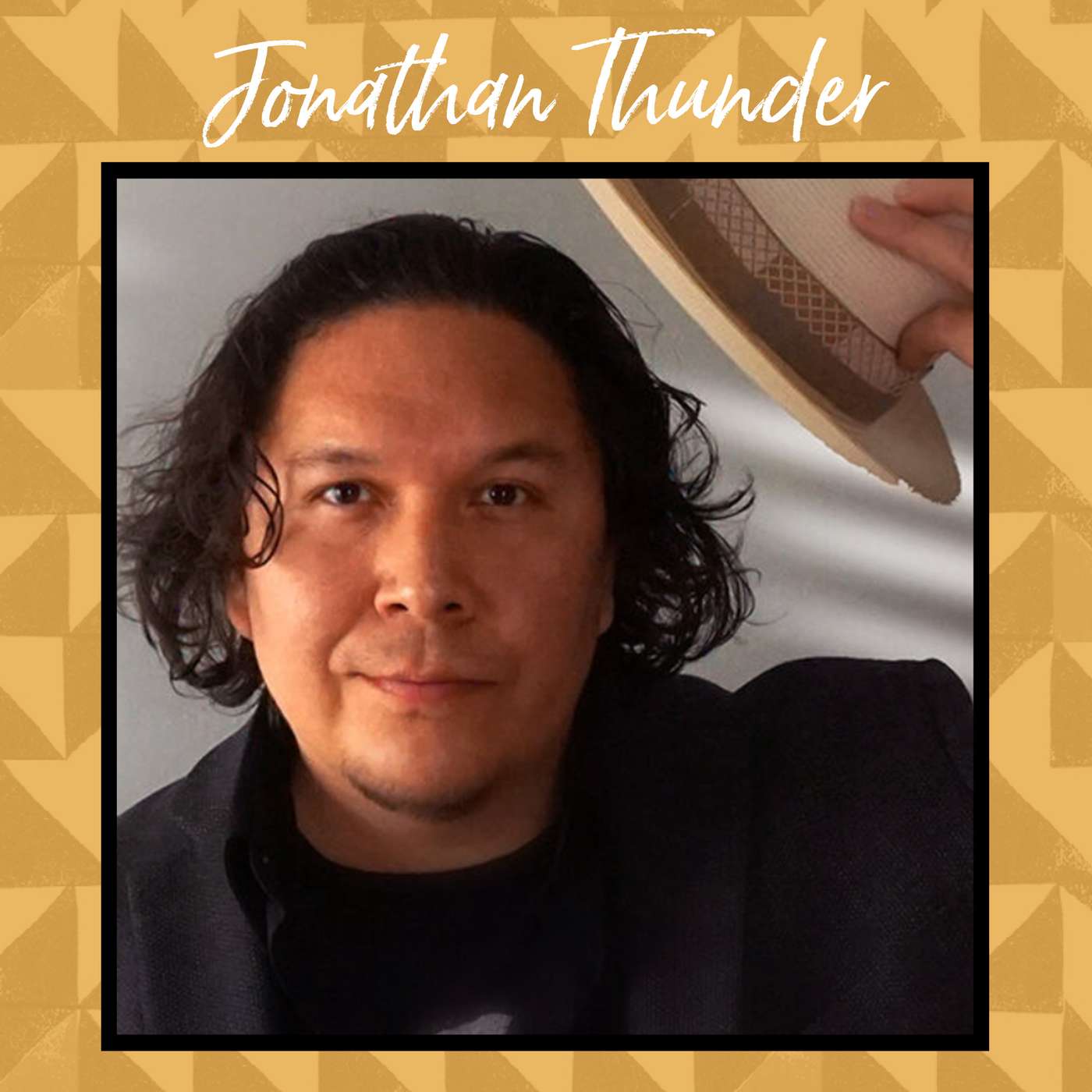
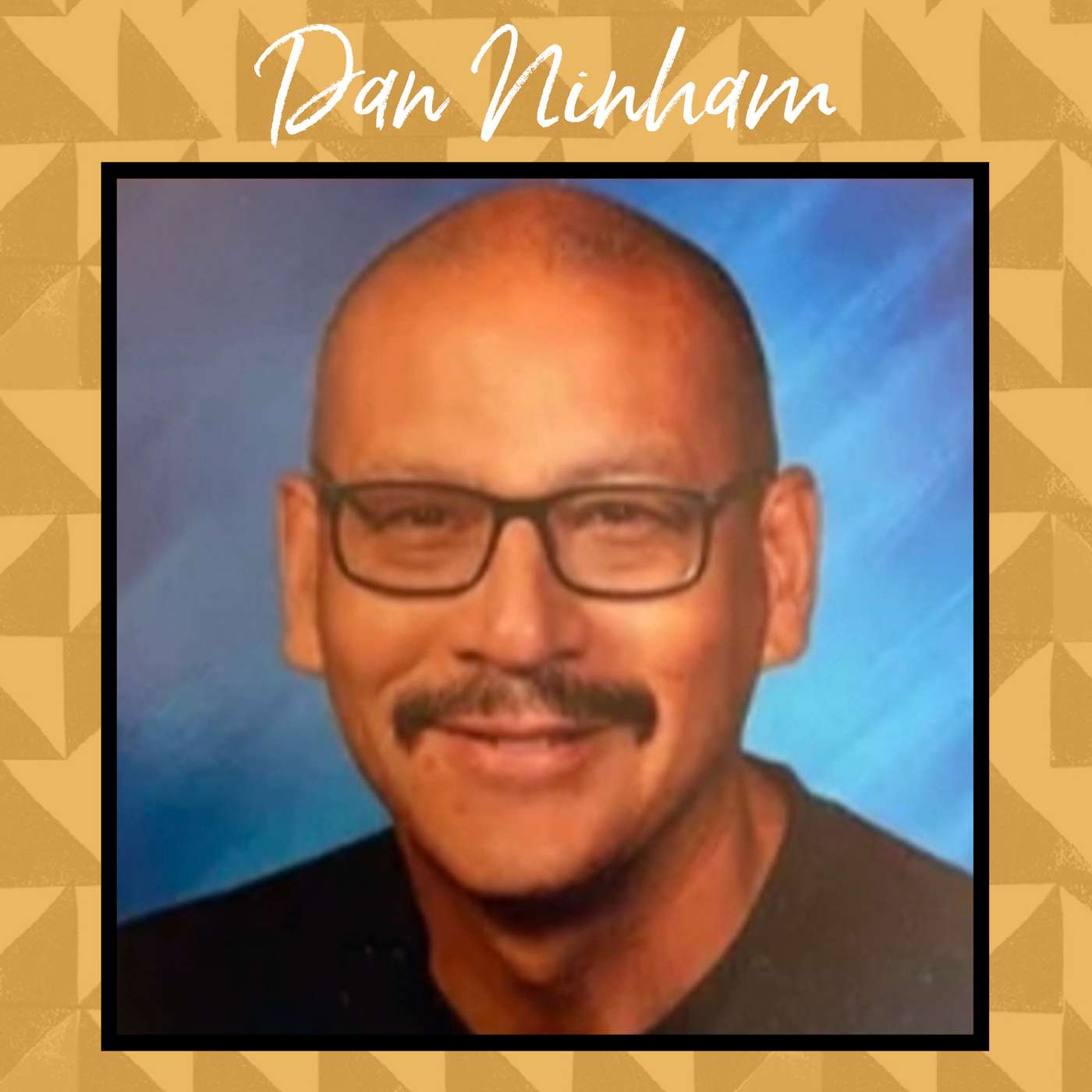
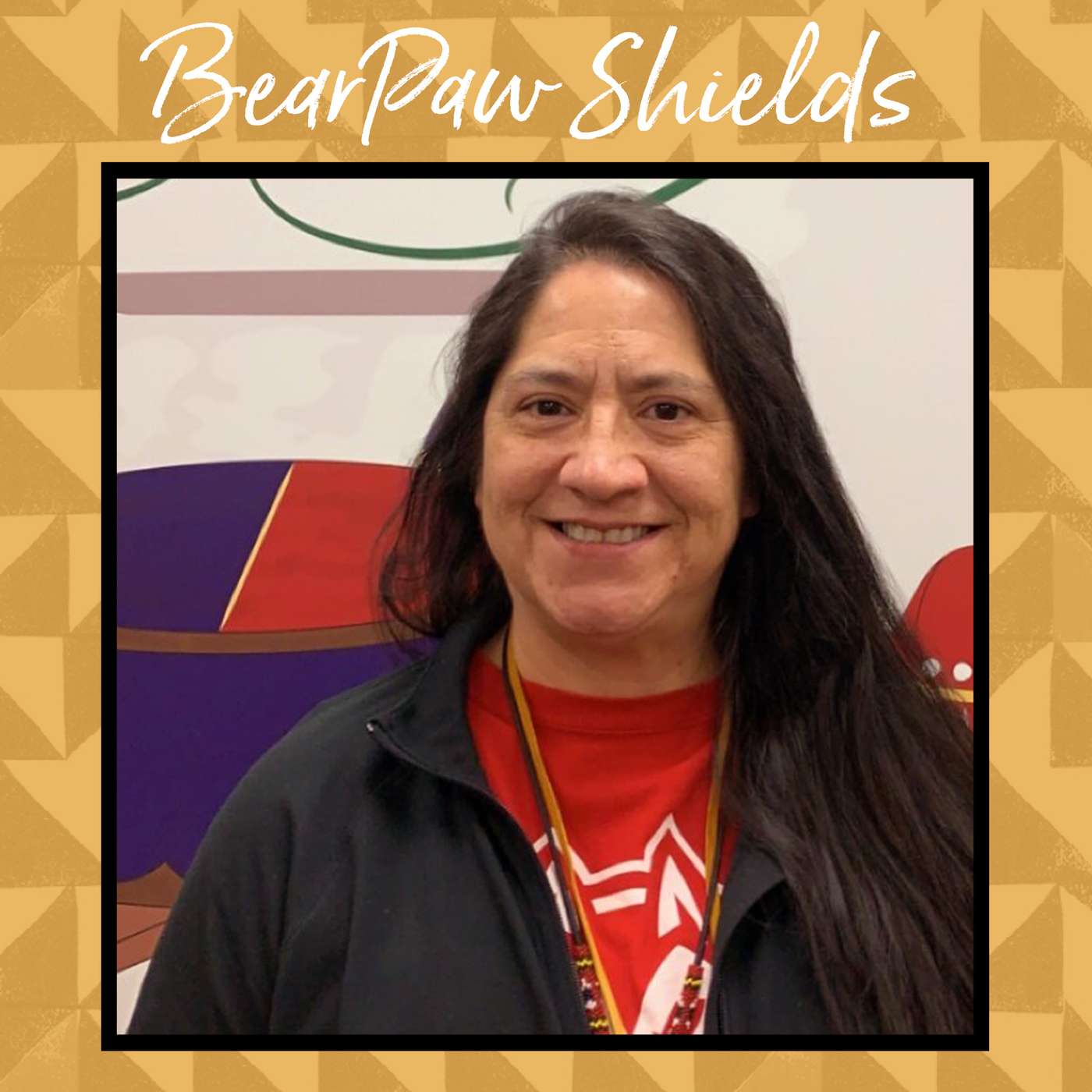
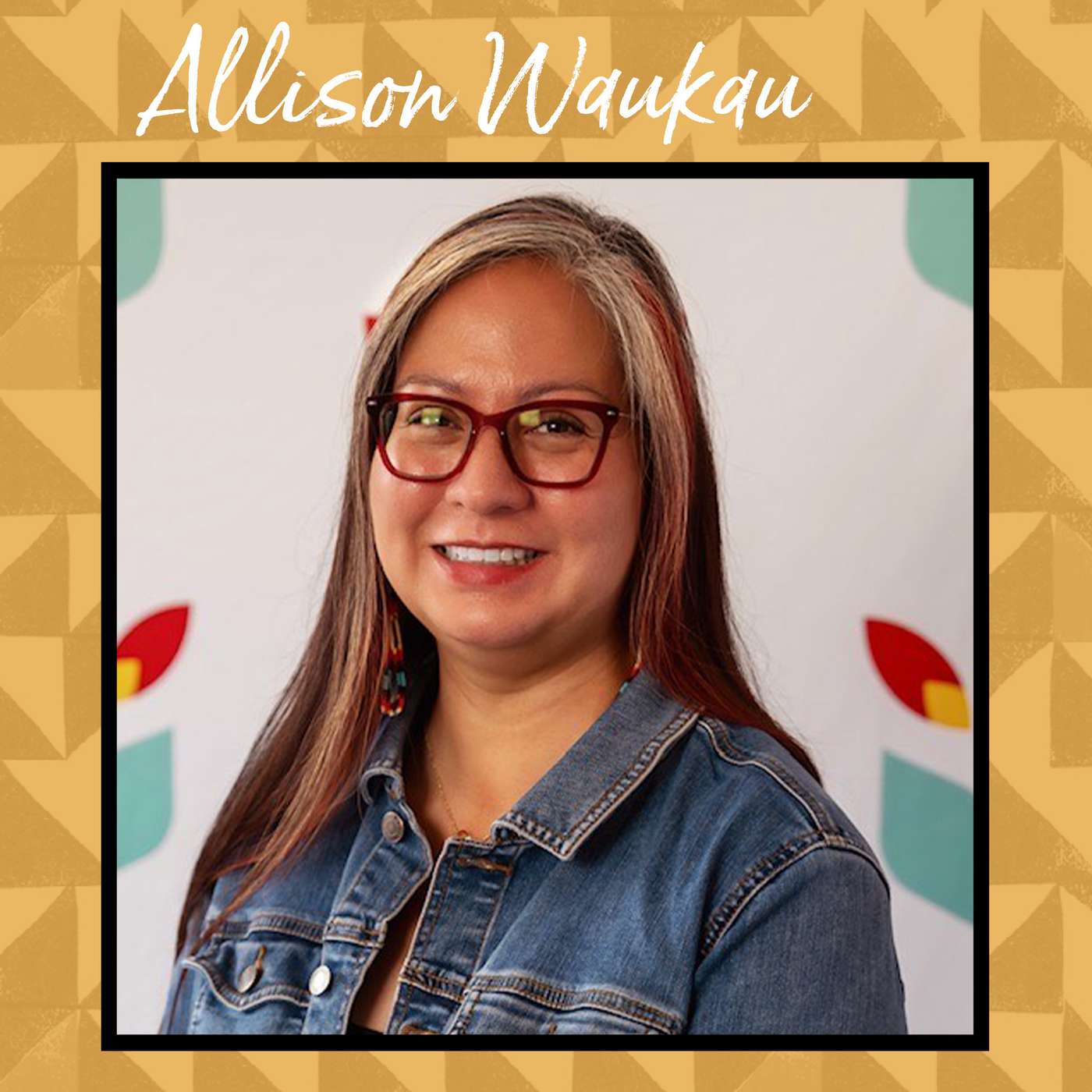
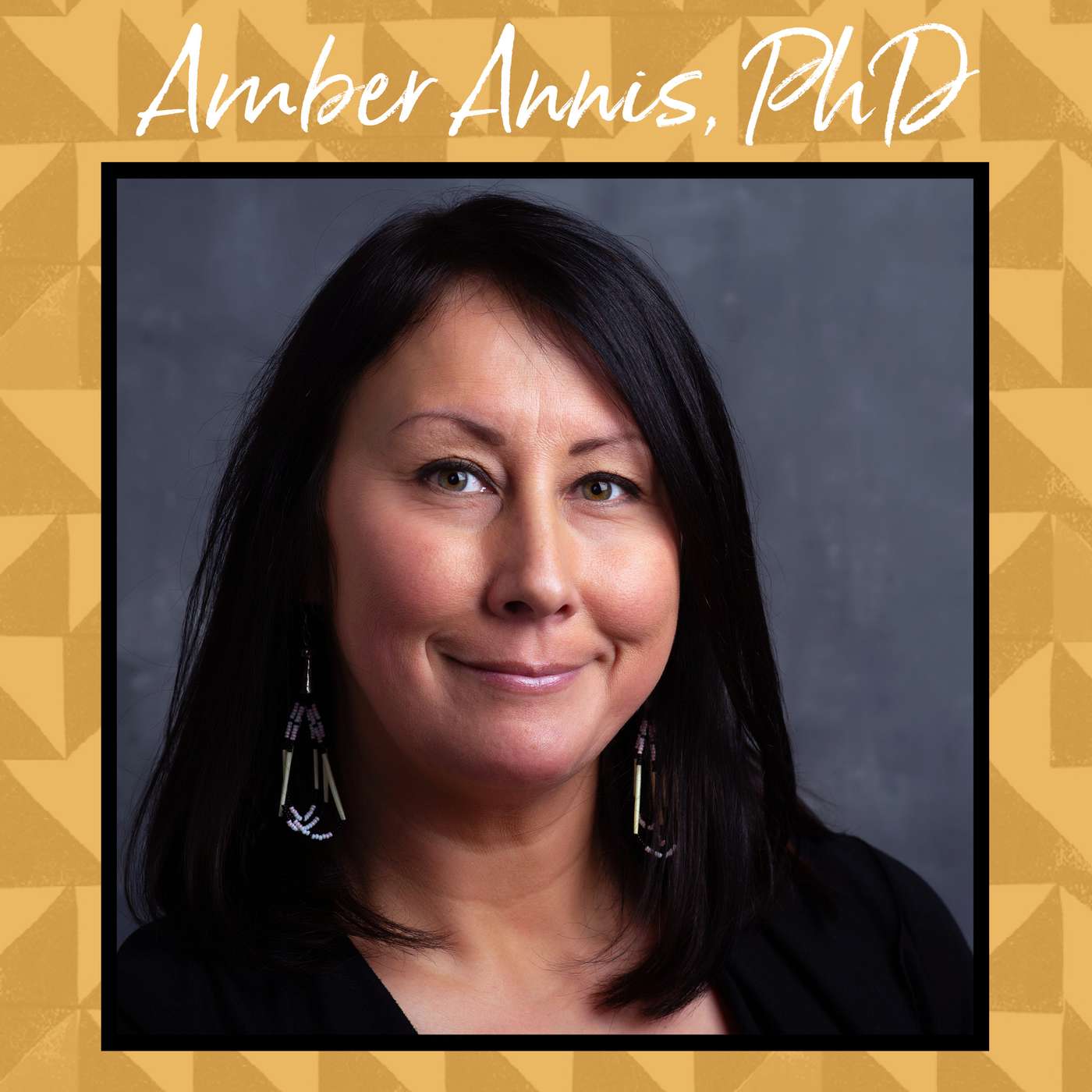
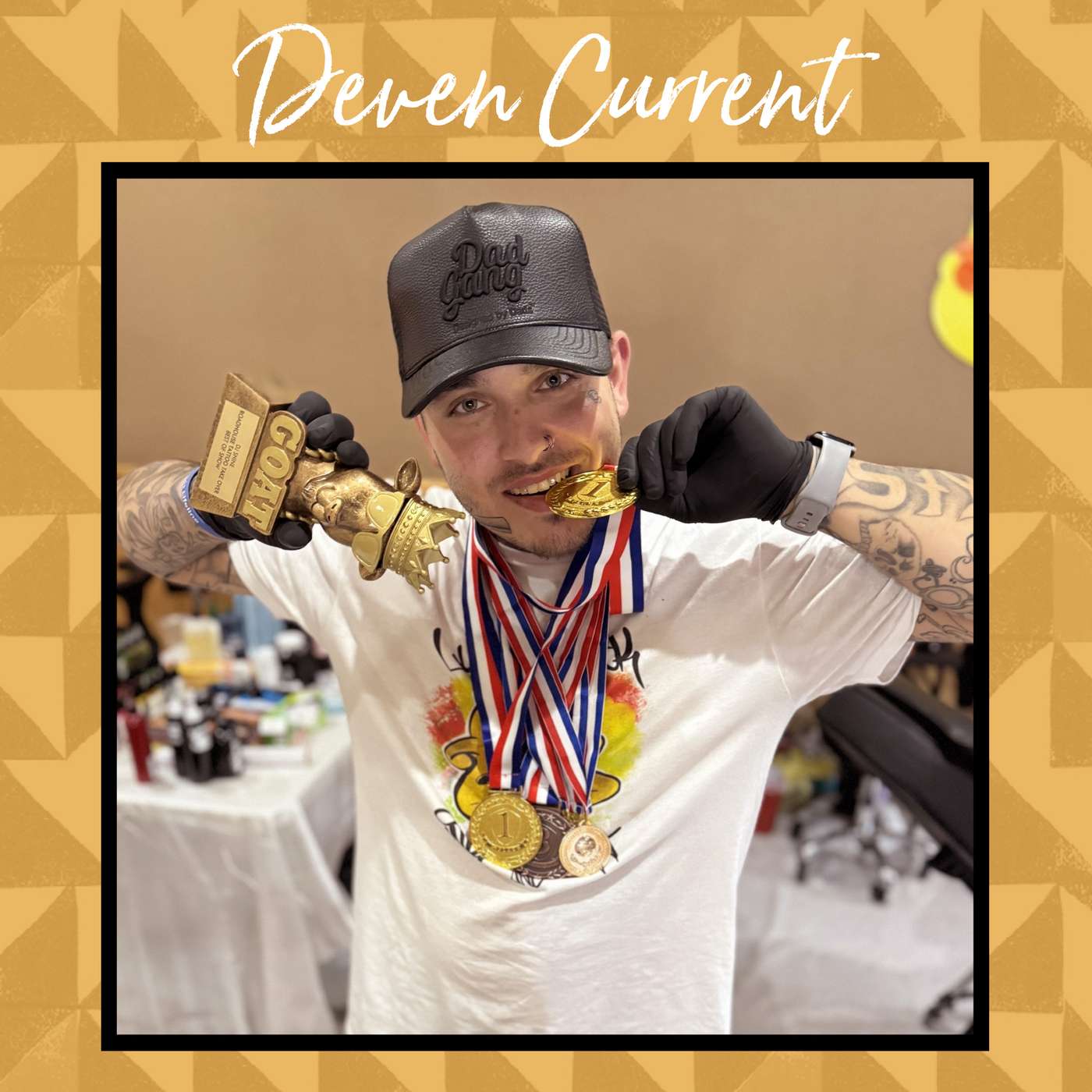



Navajo/ PhxAZ listening can't wait to hear the stories!!!